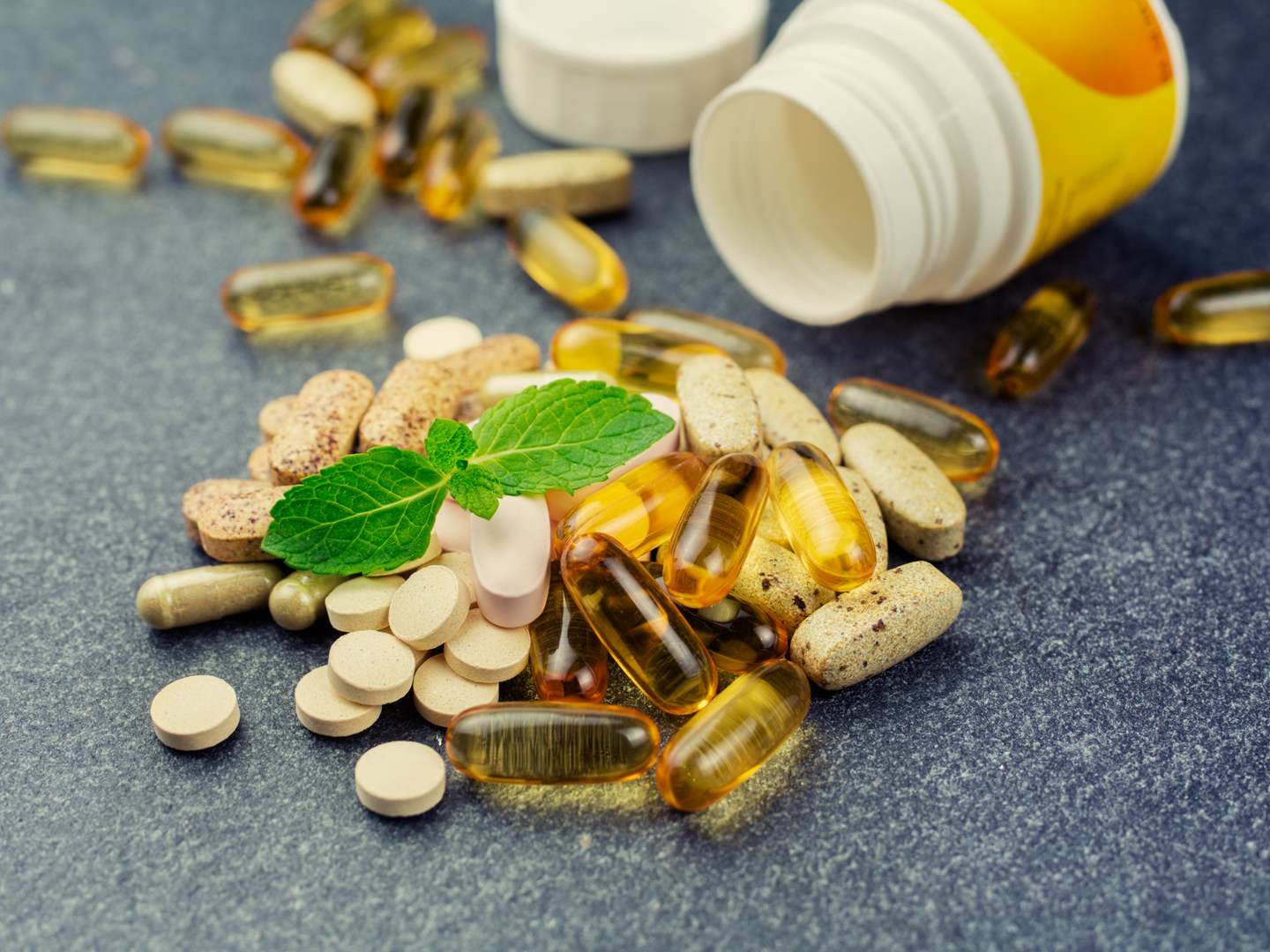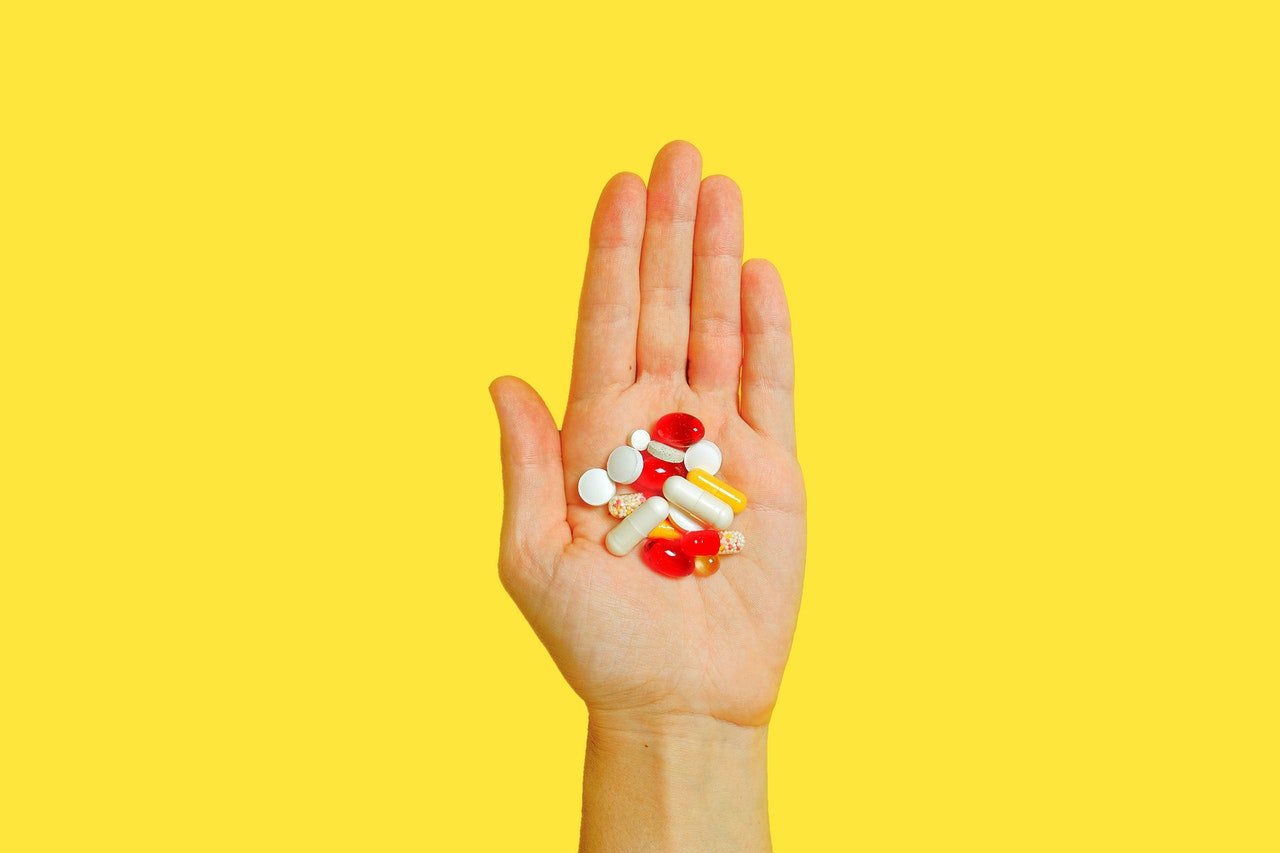Mood disorders, like depression and bipolar disorder, are no laughing matter. About 20 million American adults suffer from a mood disorder, and 40 million suffer from an anxiety disorder. These figures don’t include the typical worrywart or individuals suffering from an occasional bout of the blues.
The estimated cost of care and missed income may be as high as $52 billion for depression alone. From this, you can see that mood disorders have a substantial impact on the life and overall prosperity of many individuals.
It’s no wonder, with these numbers, that many people are looking for supplements or other mood-enhancing alternatives to heavy medication. If you are looking for a natural way to boost your mood, there are a variety of supplements and vitamins and you can turn to. To learn more about what your options are, continue reading this article.

What is Depression?
Depression is a mood disorder, and it is one of the most common mental health disorders faced by people today. The different terms used to refer to depression include severe depressive disorder and clinical depression. Although many people need psychiatric care and prescription drugs to relieve depression symptoms, other vitamins may be beneficial in treating depression.
Along with vitamins for depression, there are also other anxiety and depression supplements that may be effective in the treatment of symptoms of these co-occurring disorders.
Natural Relief for Low Mood
Traditional treatments of depression use a combination of medication and counseling. Antidepressant drugs can help to solve the underlying physical issues, such as a chemical imbalance. In addition, counseling will help you address issues and circumstances that could lead to depression, such as changes in your life.
While conventional treatments may be successful, alternative options might also be of interest to you. Continuing research focuses on the natural remedies for depression. Researchers studied various medicines, supplements, and vitamins to decide whether people with depression would benefit from them. The outcomes are mixed. However, many alternative therapies carry great promise.
B-vitamins
B-vitamins play an essential role in helping the brain generate adequate amounts of the chemicals required to regulate mood and other functions. If anyone has low B-vitamin levels, particularly B-12, they may be more likely to experience depression symptoms.
But without a particular illness, consuming adequate vitamin B-12 as they age can become more difficult for a person’s body. Depression can often have signs of fatigue, which can be improved by B-vitamins. Vitamin B-3, also known as niacin, is essential for the development of serotonin, a vital neurotransmitter for the brain that helps communicate between brain cells.
Vitamin D
Vitamin D is a vitamin that can be prescribed by a doctor for anyone experiencing seasonal depression (SAD). Upon exposure to sunlight, the body develops vitamin D. During fall and winter months, when exposure to sunlight can be limited, vitamin D supplementation may boost mood and minimize SAD symptoms.
Many nutrients, along with vitamins, may be useful for treating SAD symptoms. These additives are 5-hydroxytryptophan or 5-HTTP. This nutritional supplement will help increase serotonin production in the brain, easing general depression symptoms.
Magnesium
Nearly half of all adults in the US suffer some degree of magnesium deficiency, according to the journal Nutrition Reviews. This deficiency can lead to problems with sleep, such as insomnia, constipation, and muscle tension. It may also cause symptoms of depression and other mood disorders because magnesium is essential in the brain for generating good-feeling hormones.
Vitamin C
Vitamin C supplementation can help to boost both mood and cognitive function. Studies have also shown that vitamin C can help to reduce both anxiety symptoms and depression. This vitamins can be found in a variety of fresh fruits.
Omega-3s
The benefits of omega-3 fatty acids for heart health are widely reported. Such vital fats can also help relieve depressive symptoms. Omega-3s are also called essential fatty acids, as they are required for the normal functions by the body. Such fats are essential for development and growth in neurology. The human body, however, can not manufacture omega-3s by itself.
Omega-3s are found in foods and supplements, including fish, some nut oils, and a few plants. While some studies suggest that omega-3 fatty acids can help relieve depressive signs and symptoms, the overall evidence is uncertain.
Research in European Neuropsychopharmacology in 2003 showed that people who took supplements with omega-3 fatty acids had decreased symptoms of depression. This research also indicates that omega-3 can be of interest to people who take conventional antidepressants.

Conclusion
Whether you choose to use medicines, vitamins, or supplements to prevent or to relieve your depression, first contact your doctor or therapist. Many of these therapies are successful, but some come with side effects. Therefore, it is alway best to talk to a health professional first.































